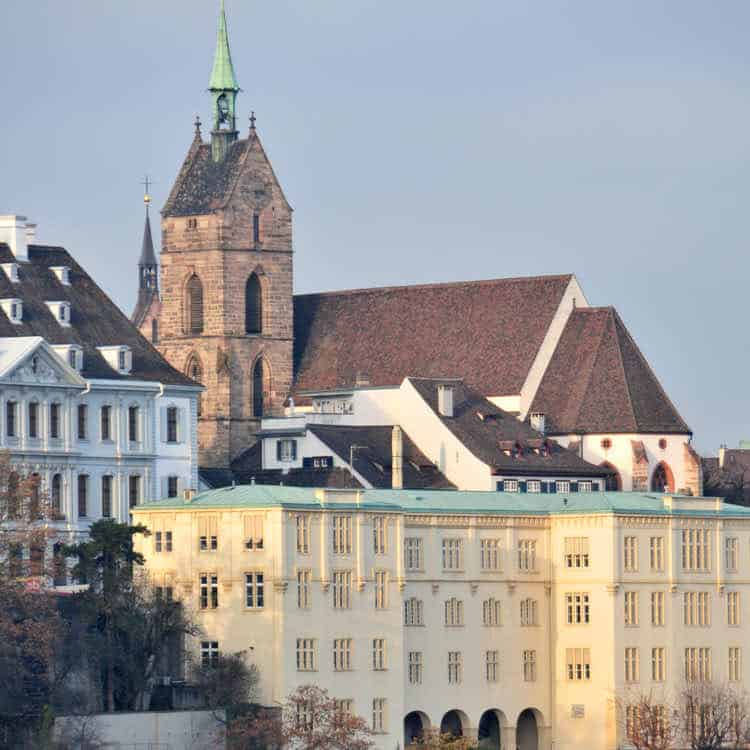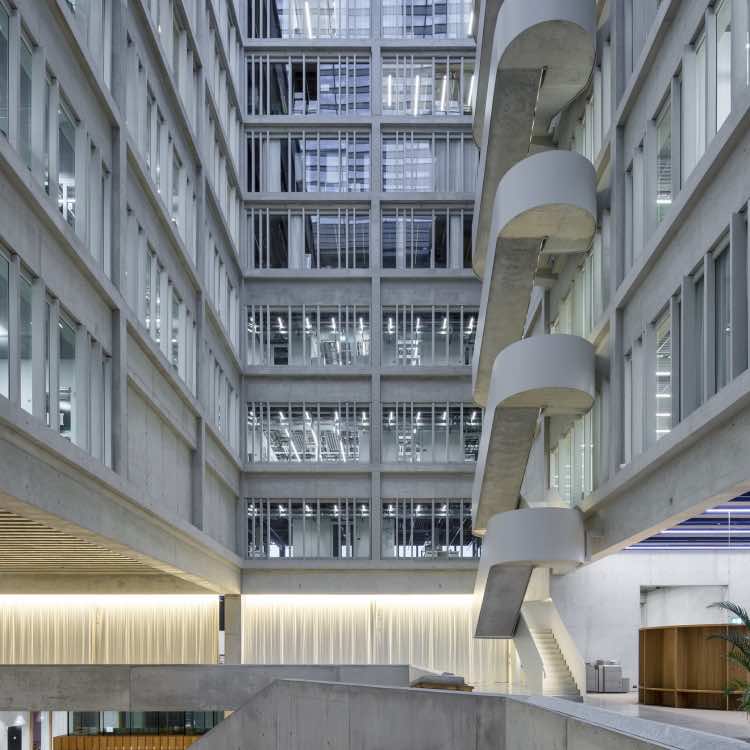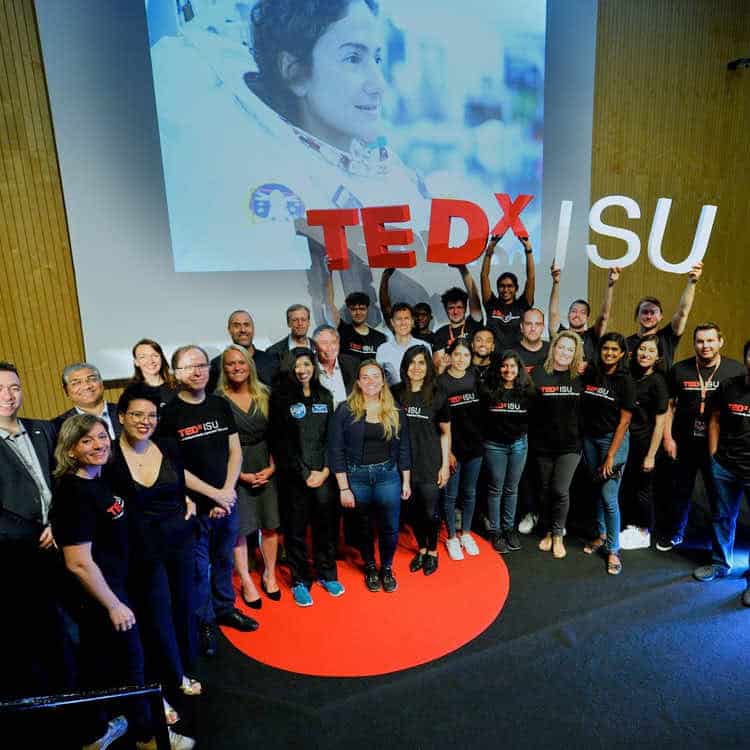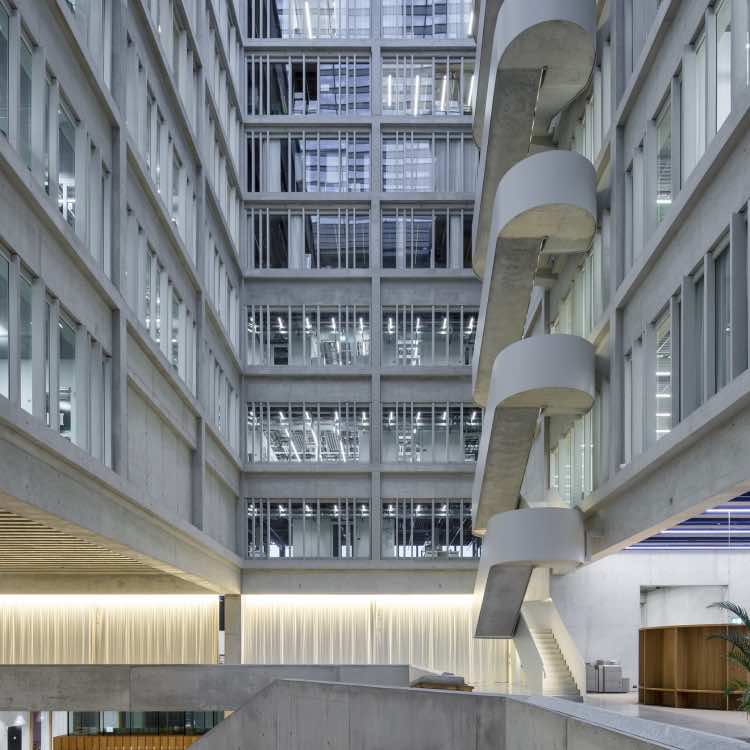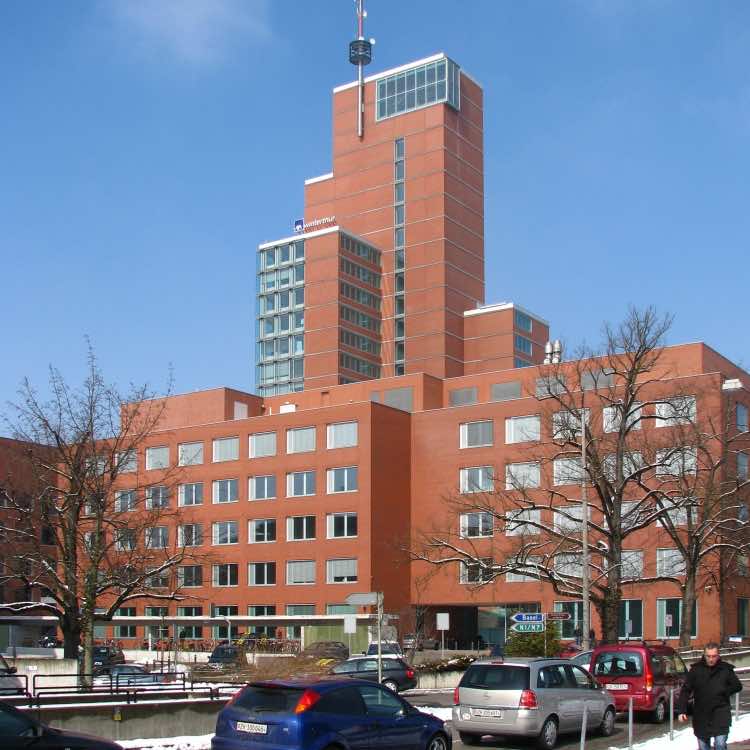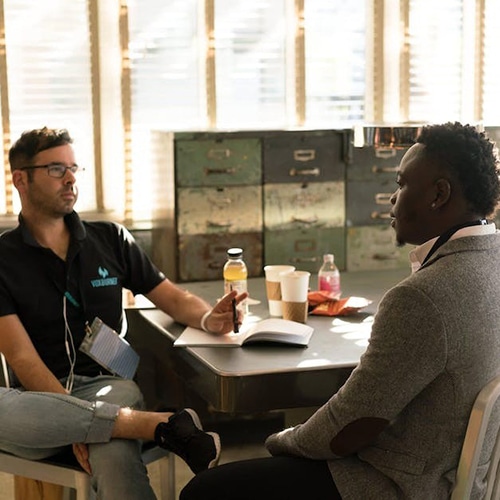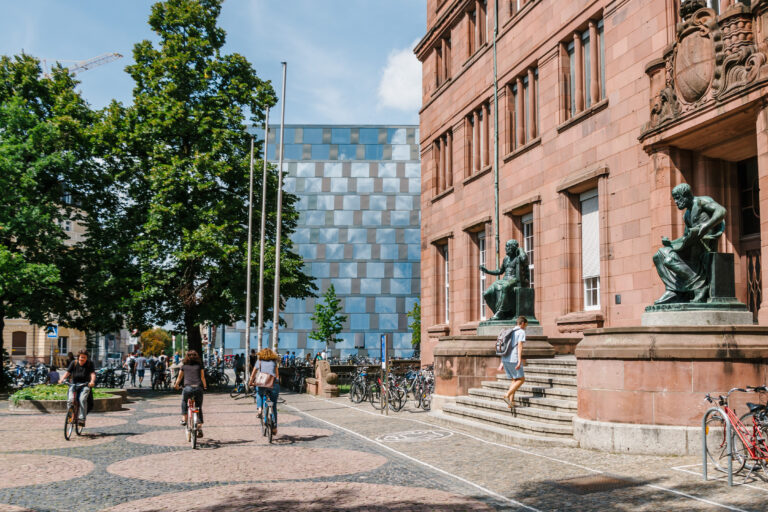
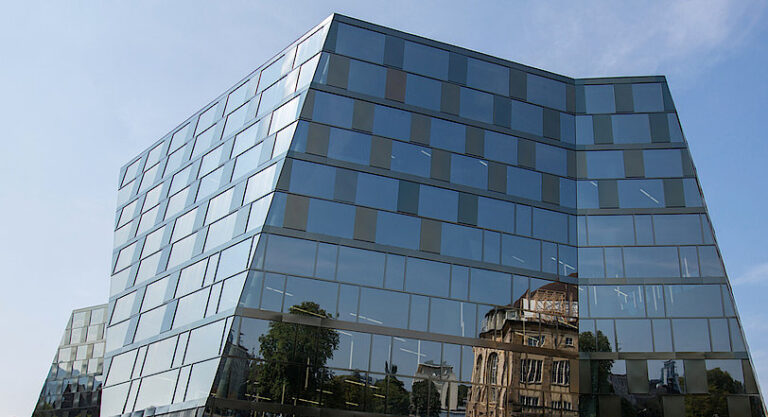
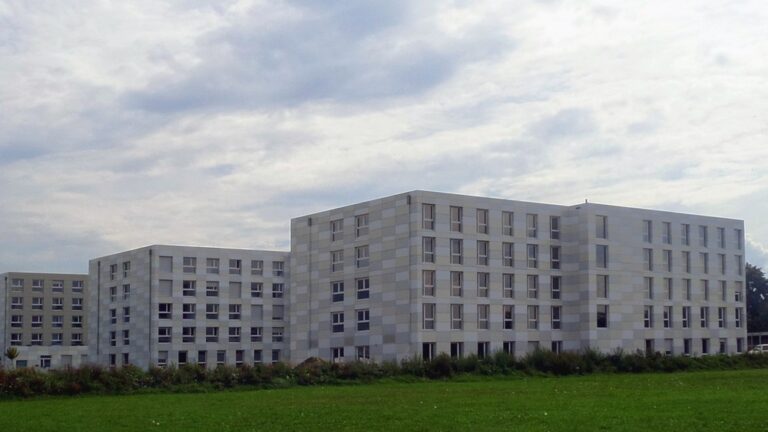
University of Freiburg
Description
The Albert Ludwig University of Freiburg (German: Albert-Ludwigs-Universität Freiburg), often shortened to Freiburg University or U Freiburg, is a public research university located in Freiburg im Breisgau, Baden-Württemberg, Germany. Established in 1457, it is one of the oldest universities in Germany and a leading research university.
Here are some of the reasons why Freiburg University might be a good fit for you as an American student:
- International reputation: Freiburg University is a highly respected university with a long history of academic excellence.
- Wide range of programs: The university offers a wide range of undergraduate and graduate programs in a variety of fields.
- English-language programs: The university offers a number of English-language programs, which can be helpful for American students who do not speak German.
- Beautiful location: Freiburg is a beautiful city located in the Black Forest region of Germany. It is a great place to live and study.
- Affordable tuition: Tuition fees at German universities are very affordable compared to tuition fees at universities in the United States.
Student Life
There are many different opportunities for international students. UNIKOS is an international student group that provides information, advice, events, international evenings, and the buddy program. There are also different cultural groups, religious groups, international social clubs, and AIESEC which is an intercultural group. Students are also able to attend lectures, workshops, and courses at Stadium Generale. SWFR arranges many cultural events, parties, seminars, movies, trips, and sports. There are many resources for international students at Freiburg. The university has a large International Office and the University College its own international coordinator. Between the two offices, students can get assistance with their visas, arrivals, housing, and more.
Dining
SWFR runs the 23 canteens for students around town. Students have a chip card that is cash free and used for meal, copies, student id, library card, key, and more.
Housing
Housing is not guaranteed, but the Studentenwerk Freiburg (SWFR) office helps mediate housing arrangements with 4200 rooms in student residences. Housing applications are accepted between July 15th and August 31st. Dorms have a residence advisor and also have cultural and recreational programs. Costs for a single range from 220 to 355 euros per month, depending on whether the bath and kitchen are shared or private.
Bachelors Programs Offered
Masters Programs Offered
Map
Sorry, no records were found. Please adjust your search criteria and try again.
Sorry, unable to load the Maps API.
Locations
City
Country
Scholarship & Funding
In addition to federal financial aid (BAföG), the university also offers other financial options such as student loans, educational loans, stipends or KfW student credit. Please see the International Student Welcome guide for more information.
Notes
The liberal arts program at Freiburg is very rare in Germany and is just finishing it's fourth year (the school itself was founded in 1457). Though they model themselves after the University Colleges of the Netherlands, the program is less self-contained than their Dutch counterparts. The University College has 300 students in total. The first year students take their foundation classes which includes introductory classes to three different majors. Classes for the first year are kept at under 20 students, all of whom are part of the University College. After the first year, student choose their major. It is important to note that there is a lot of flexibility and options within the majors. Students can specialize within one of the majors, or combine two of the majors (Environmental Governance for instance). Electives and major courses are held with the general population of students at Freiburg with some classes still held within the University College. The semester fee is 150 euros per semester.
Related Listings

Contact Information
Additional Information
- Bachelors
- Masters



